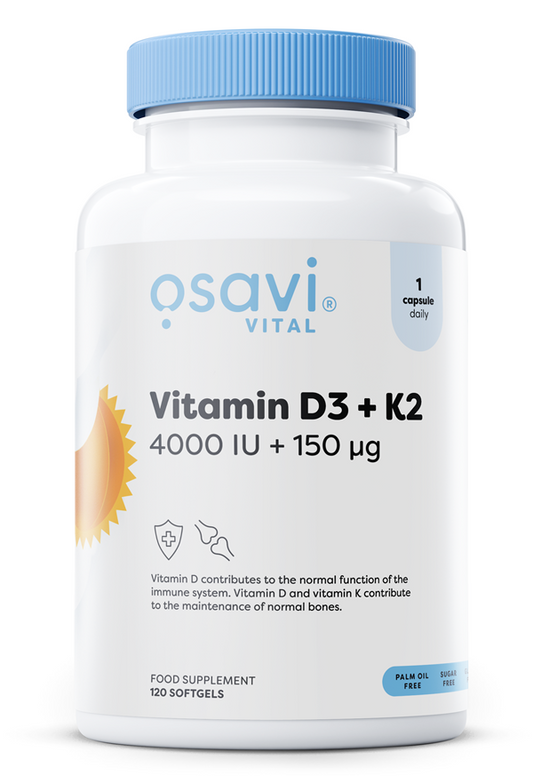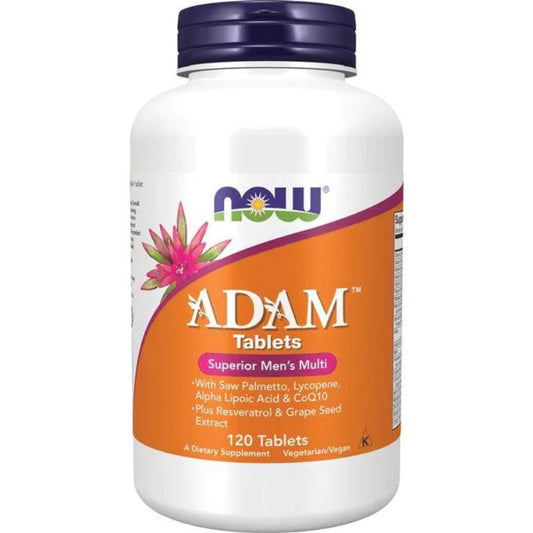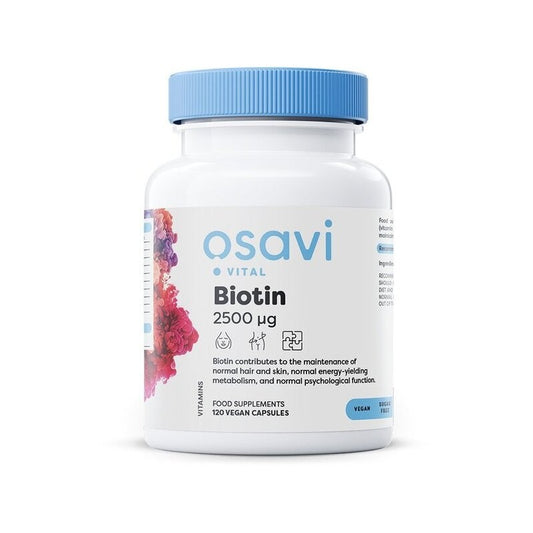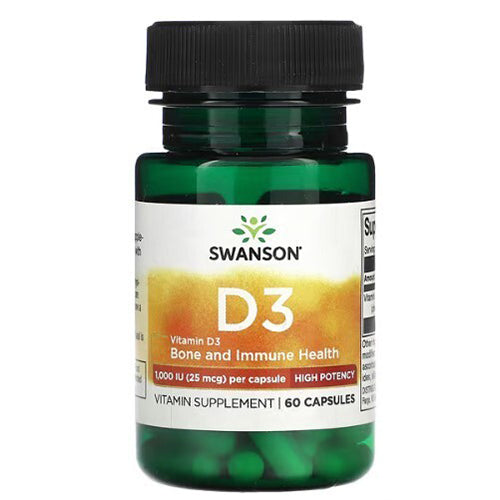
Electrolytes for Athletes and Active Sport Lifestyles
Jakub SkibaWhen people think of sports supplements, protein powders, pre-workouts, or vitamins often come to mind first—but there’s one group of nutrients that is just as crucial for anyone who exercises or leads an active lifestyle: electrolytes. These minerals, including sodium, potassium, magnesium, calcium, and chloride, help regulate your body’s fluid balance, support nerve signaling, and enable muscles to contract and relax efficiently. Without adequate electrolytes, even the most dedicated athletes or active individuals can experience fatigue, muscle cramps, reduced endurance, or slower recovery.
Electrolytes are lost constantly through sweat, urine, and even normal breathing. In hot climates, during intense workouts, or long-duration training sessions, these losses can become significant. Simply drinking water isn’t always enough to maintain optimal performance, because water alone doesn’t replace the minerals your body needs to function at its best. Maintaining electrolyte balance is essential not only for athletes but also for anyone who wants to stay energized, support muscle function, and prevent fatigue during daily activities. A combination of proper nutrition, hydration, and, when needed, supplements can help ensure your body has the minerals it needs to stay strong and perform consistently.
In this article, we’ll explore what electrolytes are, how they support your body, the signs of electrolyte imbalance, and practical ways to naturally maintain optimal levels through diet, hydration, and supplements.
What Are Electrolytes and Why They’re Important
Electrolytes are minerals that carry an electric charge when dissolved in your body’s fluids. They play critical roles in:
-
Muscle contractions (including the heart)
-
Nerve function
-
Fluid balance
-
Supporting energy and recovery
When you sweat, you lose electrolytes—especially sodium, potassium, and magnesium. Without replacing them, your body may show signs of dehydration, reduced endurance, or cramping—even if you’re drinking plenty of water.
Signs You May Be Low on Electrolytes
-
Fatigue or weakness despite resting
-
Headaches or dizziness after exercise
-
Rapid heartbeat or irregular pulse
-
Slower recovery after workouts
If these symptoms occur often, it could be a signal that your body needs more than water—it may require a balanced supply of electrolytes.
Key Electrolytes and Their Roles
|
Electrolyte |
Function |
Low Levels May Cause |
Food Sources |
|
Sodium (Na⁺) |
Maintains fluid balance, blood pressure, muscle/nerve function |
Headaches, fatigue, cramps |
Salt, pickles, sports drinks |
|
Potassium (K⁺) |
Regulates heartbeat, nerve signals, muscle contractions |
Weakness, irregular heartbeat |
Bananas, sweet potatoes, spinach |
|
Magnesium (Mg²⁺) |
Supports muscle relaxation, energy production, nerve health |
Twitching, cramps, fatigue |
Nuts, seeds, dark chocolate |
|
Calcium (Ca²⁺) |
Aids in muscle contractions and bone strength |
Numbness, spasms, slow recovery |
Dairy, leafy greens, tofu |
|
Chloride (Cl⁻) |
Works with sodium to maintain fluid balance |
Muscle issues, fluid imbalance |
Table salt, seaweed, olives |
(Source: NIH, Mayo Clinic, Harvard Health)
Do You Need an Electrolyte Supplement?
Whether you need a supplement depends on your activity, diet, and environment. You may benefit if:
-
You exercise intensely, especially for over 60 minutes
-
You sweat heavily or train in hot conditions
-
You follow a low-carb or fasting diet
-
You frequently experience muscle cramps, fatigue, or slow recovery
-
You’ve been sick or dehydrated
Look for clean electrolyte formulas with full-spectrum minerals and minimal added sugar rather than relying on high-sugar sports drinks.
How to Naturally Maintain Electrolyte Balance
Eat Mineral-Rich Foods
-
Potassium: Bananas, sweet potatoes, beans
-
Magnesium: Almonds, spinach, pumpkin seeds
-
Calcium: Yogurt, kale, fortified plant milks
-
Sodium: Small amounts of sea salt in meals
Hydrate Wisely
Water alone is good, but when sweating heavily, add a pinch of salt or use a no-sugar electrolyte powder to retain hydration.
Support Recovery and Reduce Stress
Overtraining and chronic stress can deplete magnesium. Adequate sleep, rest days, and relaxation techniques help maintain electrolyte balance and support performance.
FAQ: Electrolytes and Athletic Performance
Q1: What are the best natural electrolytes?
A: Sodium, potassium, magnesium, calcium, and chloride are the primary electrolytes. Natural sources include bananas, leafy greens, nuts, seeds, dairy, and sea salt.
Q2: How do electrolytes help prevent muscle cramps?
A: Electrolytes regulate muscle contractions and nerve signals. Adequate levels of magnesium, potassium, and calcium help muscles contract and relax properly, reducing cramp risk.
Q3: Can I get enough electrolytes from food alone?
A: Many people can meet daily needs through a balanced diet rich in fruits, vegetables, nuts, seeds, and dairy. Supplements may be helpful during intense exercise, hot weather, or restrictive diets.
Q4: When should I consider an electrolyte supplement?
A: Consider supplementation if you exercise intensely, sweat heavily, follow a low-carb diet, or experience frequent cramps and fatigue. Choose clean formulas with full-spectrum minerals and minimal additives.
Q5: How can I maintain electrolyte balance naturally?
A: Eat mineral-rich foods, stay hydrated, rest adequately, manage stress, and maintain consistent activity levels. Adding a pinch of salt or a no-sugar electrolyte drink during heavy sweating can also help.










